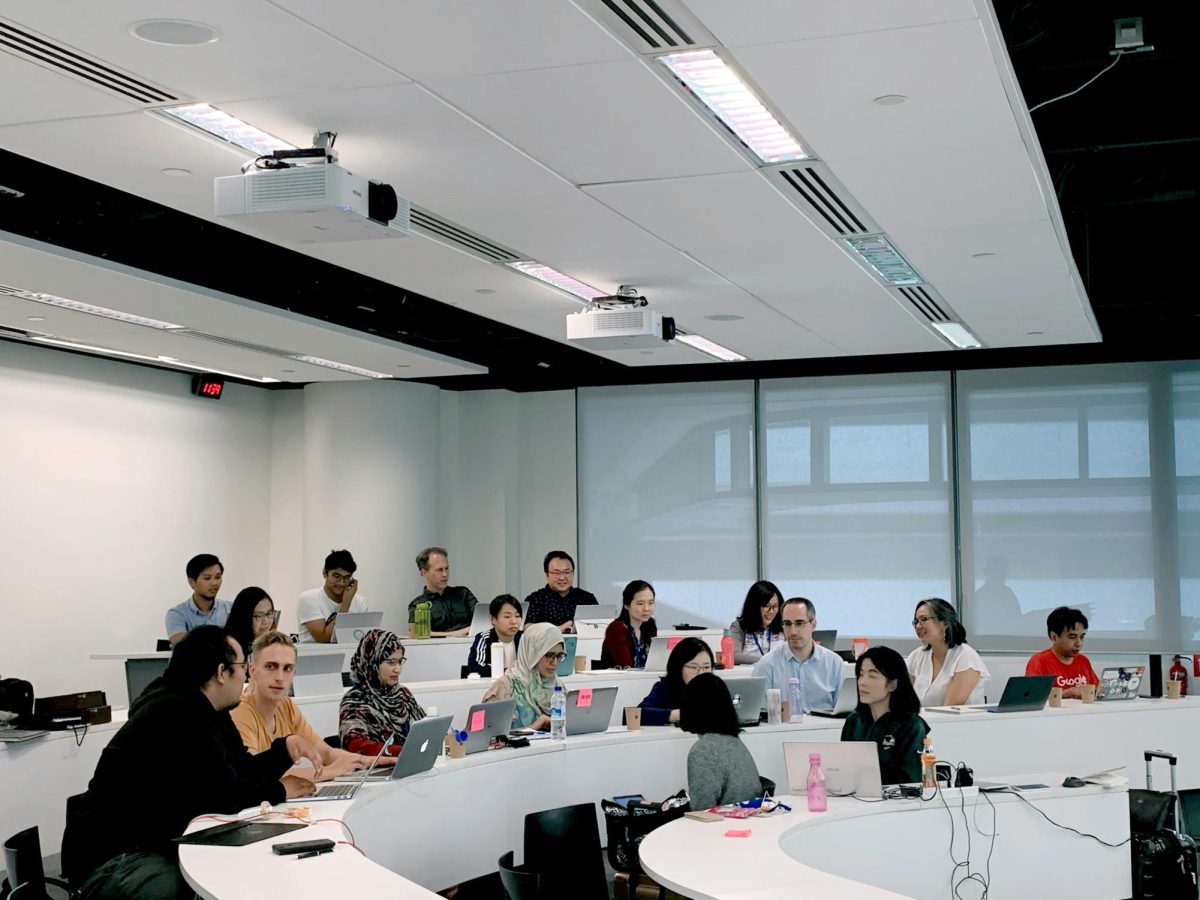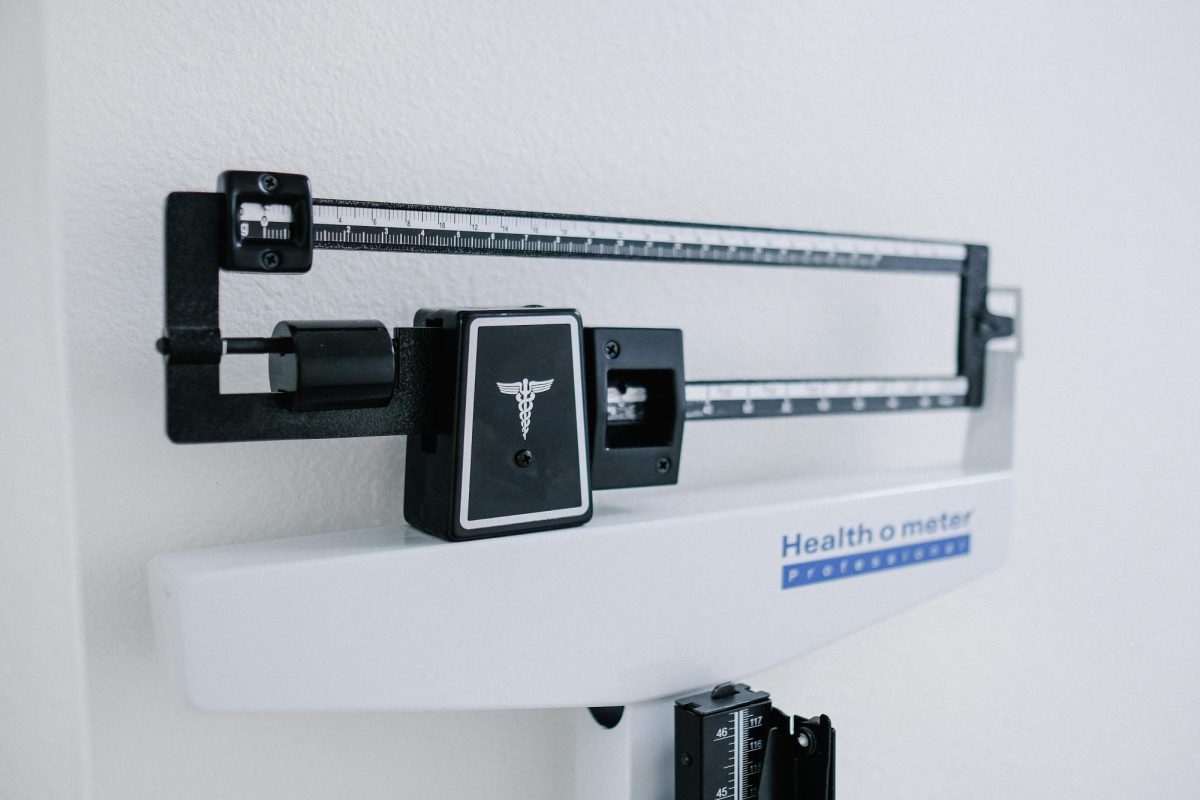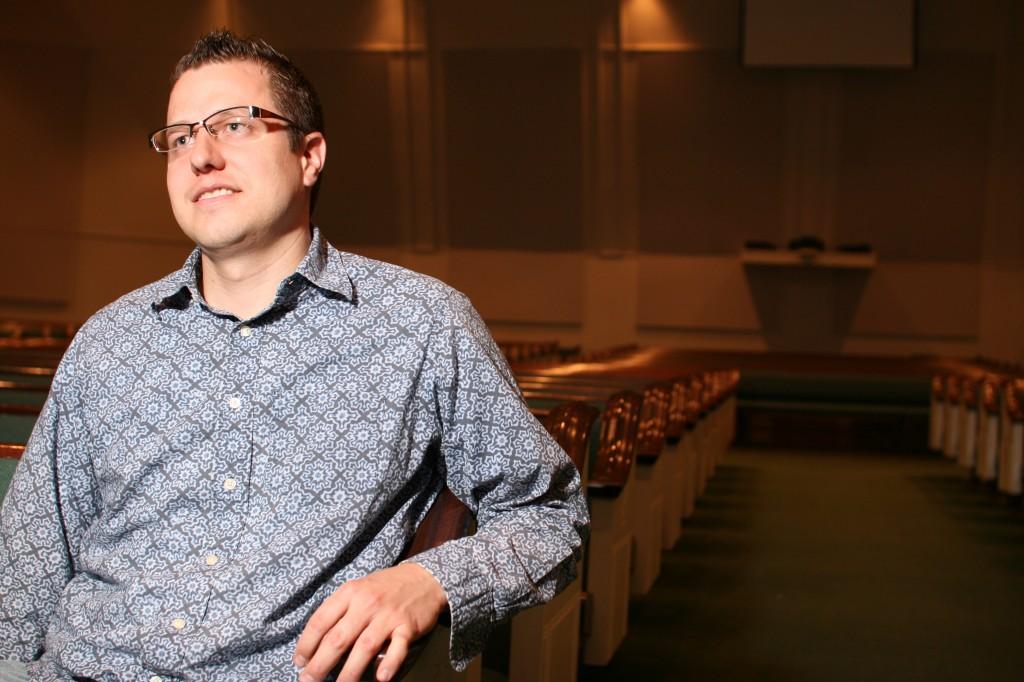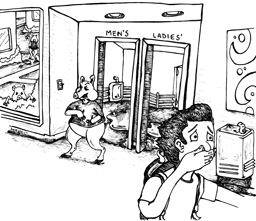By Solange Kalala/reporter
Fathers whose children have been removed from their homes through the child welfare system offered perspectives during a conference hosted by the Fatherhood Coalition of Tarrant County on ways they could have continued to be involved in their children’s lives.
The conference that focused on engaging responsible fathers was held on NE Campus April 22.
“If we invest money and time where we need them to go, we will not only help them, but also we will help children,” said Michael Hall, a father and founder of Strong Fathers, Strong Families.
Hall’s organization helps fathers be more engaged in their children’s lives.
Hall was one of the presenters at the conference along with four fathers who lost custody of their children for various reasons such as drug and alcohol addiction, divorce, domestic violence, homelessness or abuse.
Each of the fathers said they’d made big mistakes in the past but wanted child welfare authorities to know they deserve a second chance.
“People can change,” said Eddie Anguish, one of the fathers.
Anguish told the story of how he was treated by caseworkers when they learned that he’d once been addicted to drugs.
“I was judged because of my past,” said Anguish, who was three years clean and sober by the time he met with social workers about his daughter. “They treated me and placed me in a certain category.”
LaRon Burris, another father whose children were once taken away because of domestic violence issues, recalled he was told that he could never recover from his past.
“I want you to know that you were wrong, saying that I could not put my family together and could never get out of drugs,” Burris said.
The fathers said the system held them back and kept them from being involved in their children’s lives, but they want others to know they are capable of being responsible parents.
“Whatever obstacles you can have, you can still be a good father,” said Duane Pates, another father.
The fathers said the system takes a totally different approach with mothers than it does with fathers. They suggested officials make the system more realistic and fair.
Matthew Terrell, another father, was told once that children go to their mother no matter what.
Anguish said learning that his daughter would be taken away to be placed in foster care was an emotional event.
“I was heartbroken when I learned my child was removed and would be put in a foster family,” Anguish said. “I was terrified. I love my daughter.”
The journey from the removal of children to the process of getting them back was hard and frustrating.
The fathers said they felt terrified and enraged and wouldn’t want anyone to feel that pain.
The fathers agreed that they wanted someone to trust them as parents despite their troubled pasts. They each expressed the desire to get encouraging information instead of information that merely put them down as people.
“I want people to look at me as a loving father, not crazy,” Anguish said. “If a father is there, he will show the willingness to help his children.”



























